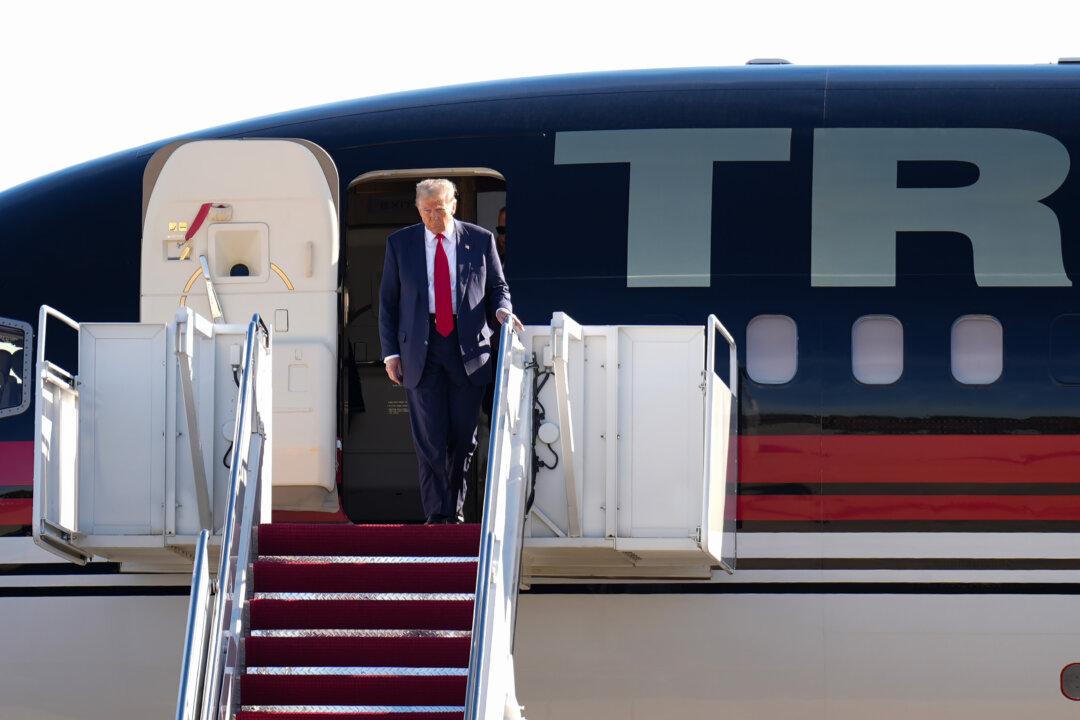In Trump’s second term, the United States is expected to take up more on the Chinese Communist Party (CCP), driven by fundamental economic and security conflicts.
Australia-based former Peking University law professor Yuan Hongbing told The Epoch Times that China’s leader Xi Xinping is determined to revive the international communist movement and dominate the future of mankind in the name of communism. Xi calls it the “community of common destiny,” which is strategically in conflict with President-elect Donald Trump’s ideal of “making America great again.”





